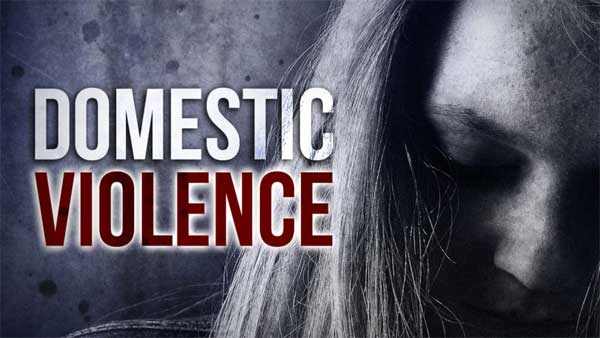

This offence requires a category of its own because of the way it is prosecuted in courts throughout Scotland. Indeed, a number of courts in Scotland, including the two main courts, namely Glasgow Sheriff Court and Edinburgh Sheriff Court, have dedicated domestic abuse courts. There are a number of reasons for this: Many domestic cases are being prosecuted on a daily basis. In fact, domestic assault and abuse cases, make up a disproportionately high number of the overall number of cases that are processed through the courts.
Sheriffs are trained on the nuances of domestic abuse and its unique characteristics including the new offence of Coercive Control. One wonders how objective the sheriffs can be, because of who are training them. It is important that sheriffs are reminded not to dovetail every case into the same category.
Richard Freeman (AKA Mr. Technicality) is a leading criminal defence Solicitor Advocate in Scotland with experience handling domestic violence cases.
 Do not delay, time is vital in order for us to properly examine the evidence against you, contact potential witnesses, ensure timelines are consistent with the evidence and investigate many other aspects in order to create your strongest legal defence.
Do not delay, time is vital in order for us to properly examine the evidence against you, contact potential witnesses, ensure timelines are consistent with the evidence and investigate many other aspects in order to create your strongest legal defence.
We have the expertise to defend Domestic Abuse charges. Call our national helpline 0800 567 7810 now or our local numbers. Alternatively, complete a contact form or request a call back.
 OR
OR

 A domestic case includes those involved in a relationship, or former relationship, and covers spouses, partners, ex-spouses and ex-partners, of both, opposite and same sex relationships, and also more casual relationships.
A domestic case includes those involved in a relationship, or former relationship, and covers spouses, partners, ex-spouses and ex-partners, of both, opposite and same sex relationships, and also more casual relationships.
It starts off when an accused alleged to have been involved in an assault or in abusive and threatening behaviour, or if accused of coercive controlling a spouse or partner etc., is arrested by the police. The police in accordance with the Lord Advocate guidelines have to decide whether to keep that person in police custody to appear in court the next day, or to release them on a bail undertaking to appear at court on a future given date. If they are released the accused will require to agree to special conditions of bail not to contact or approach the complainer while waiting to appear at court.
This can often mean that they will require to find alternative accommodation even though the accused solely owns or rents the property where they were both residing. This can be frustrating particularly where the relationship was a casual one. A case can be made for not imposing these conditions once the matter calls in court, but these are usually part of the safeguards that are imposed in domestic cases. Very often once the parties cool down, the complainer regrets reporting the accused to the police. This can be because the report was made when drunk and in the heat of the moment, and was false, or greatly exaggerated. Equally the report could have been justified at the time, but the complainer does not want to complain any longer. A bail review can address this issue.
The evidence in a domestic case requires to be scrutinised very carefully. Although the rules of evidence are the same as any other offence, the case law that can be relied upon by the prosecutor allows for evidence by inference and circumstances, most often seen in domestic prosecutions. The crown can make use of the fact that when the police attend the house, the accused is still present and no one else is there apart from the victim. The house may be in a state of disarray implying a disturbance, the victim may have some fresh injuries, both may be under the influence of alcohol, and the accused might say something by way of an innocent explanation to the police, which can also be construed as an admission of the allegation reported to the police by the complainer. Wrap all that up and the crown have a case that requires a highly experienced lawyer to unravel.
Another common theme that occupies domestic trials is witnesses recanting their evidence, i.e., they deny being assaulted or subjected to abusive and threatening behaviour, despite providing a statement to the police saying that they had been. There can be a number of reasons for that, not least because they lied at the time to the police, but it can also be because they just want to put the matter behind them, and get on with their relationship.
The prosecutor is allowed to put to the complainer, the earlier statement given by the witness to the police, and question them about that generally, to endeavour them to concede that they told the police the truth at the time. There are techniques that can be used by the defence to counter this.
Criminal Defence Solutions have a multiple strategy approach to Domestic cases, honed over 30 years of defending thousands of domestic related cases. We can advise you of the prospects of success and how we can effectively navigate through the complex rules of evidence, while risk managing your defence.